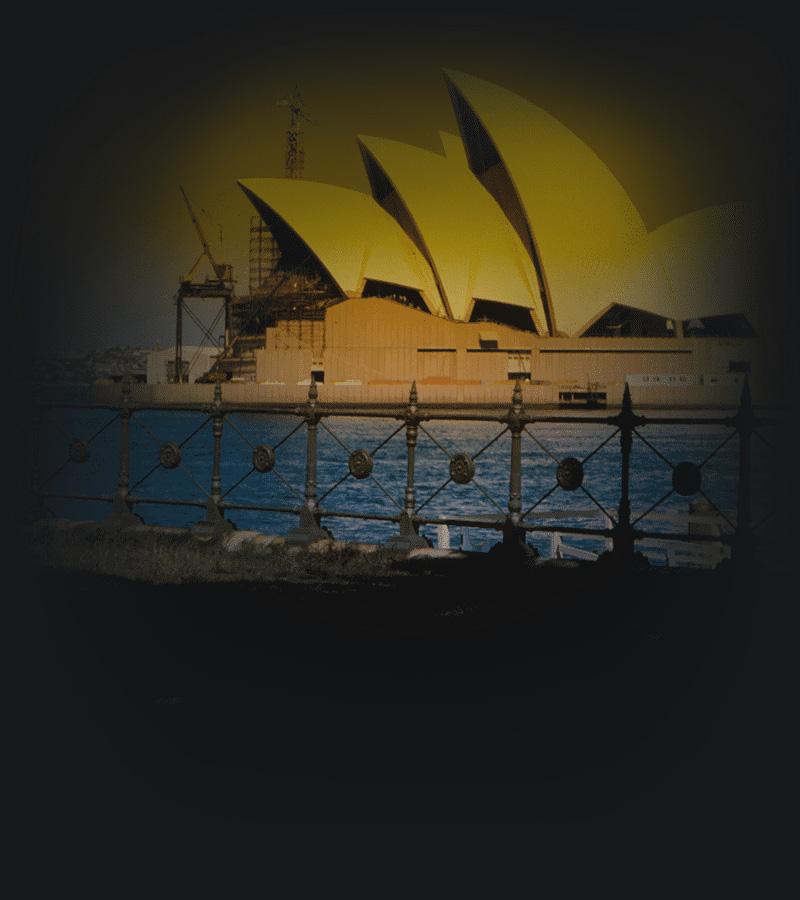The collection in Sydney
The oldest document in the National Archives' collection held in Sydney is a Deed of Title signed on 1 May 1804 by Governor Philip Gidley King. The deed allows the allotment of land in Pitts Row (now Pitt Street) to be transferred to Matthew Kearns for 14 years. This site later became the 'Pitt Street Extension' of the Sydney General Post Office.
Other highlights of the collection include:
- New South Wales post office records dating from the 1830s
- plans and drawings of post offices, customs houses, army and navy establishments
- plans and drawings of Government House, Sydney, dating from the 1860s, including original coloured drawings by the Colonial Architect James Barnet
- NSW colonial trademark records from the 1860s
- copyright records from the 1870s
- meteorological journals of the Government Observatory, Parramatta, from 1822 to 1836
- records of the Cockatoo Island dockyard from the 1860s
- records of the School of Public Health and Tropical Medicine from the 1930s.
The New South Wales Office also holds a wealth of audio-visual material, including:
- the ABC archive of radio and television. Dating back to 1905, the archive has such gems as Prime Minister Ben Chifley's declaration of peace on 15 August 1945 and the opening night of ABC TV in 1956
- master materials from the Film Australia Library and Commonwealth Film Unit
- the Department of Defence collection from the Army, Royal Australian Air Force, Navy and Defence Science and Technology Organisation
- collections from the Snowy Mountains Hydroelectric Authority, the Antarctic Division and Commonwealth Scientific and Industrial Research Organisation
- collections of significant Commonwealth Persons including Harold Holt and Paul Keating.
Visitor information
Our Research Centre is open from 9:30 am to 4:00 pm on Wednesdays, Thursdays and Fridays. We are closed on public holidays.
Bookings can be made for the Research Centre to view pre-ordered records. Please complete an advance request for records and we will contact you to confirm your booking.
- Please nominate a date and visit time. We will confirm your visit date with you. If you are visiting as a pair or group please let us know.
- At this time, we are only accepting visits to view records. If you have a query about the collection, please ask us a question online.
- You will require a $2 coin to operate our public lockers.
Entry
Entry to the National Archives is free.
Onsite accessibility
Car parking
Parking is available for visitors to the National Archives.
Wheelchair access
All public areas of the National Archives are wheelchair accessible.
Toilet facilities
An accessible toilet is located near the Research Centre.
Assistance animals
Visitors with recognised assistance animals, including guide and hearing dogs, are welcome.
Getting here
Trains
The nearest railway station is Chester Hill Station, a walk of 15 to 20 minutes. Trains travel to and from Chester Hill Station on the Liverpool via Regents Park line.
Buses
Bus route M91 operates to and from Chester Hill, Granville and Parramatta railway stations. Nearby bus stops on Campbell Hill Road are at Moora and Biara Streets, a 5 minutes walk to the National Archives.
Taxis
There is a taxi rank at the Chester Hill railway station.
Postal address
Locked Bag 4
Chester Hill
NSW 2162

